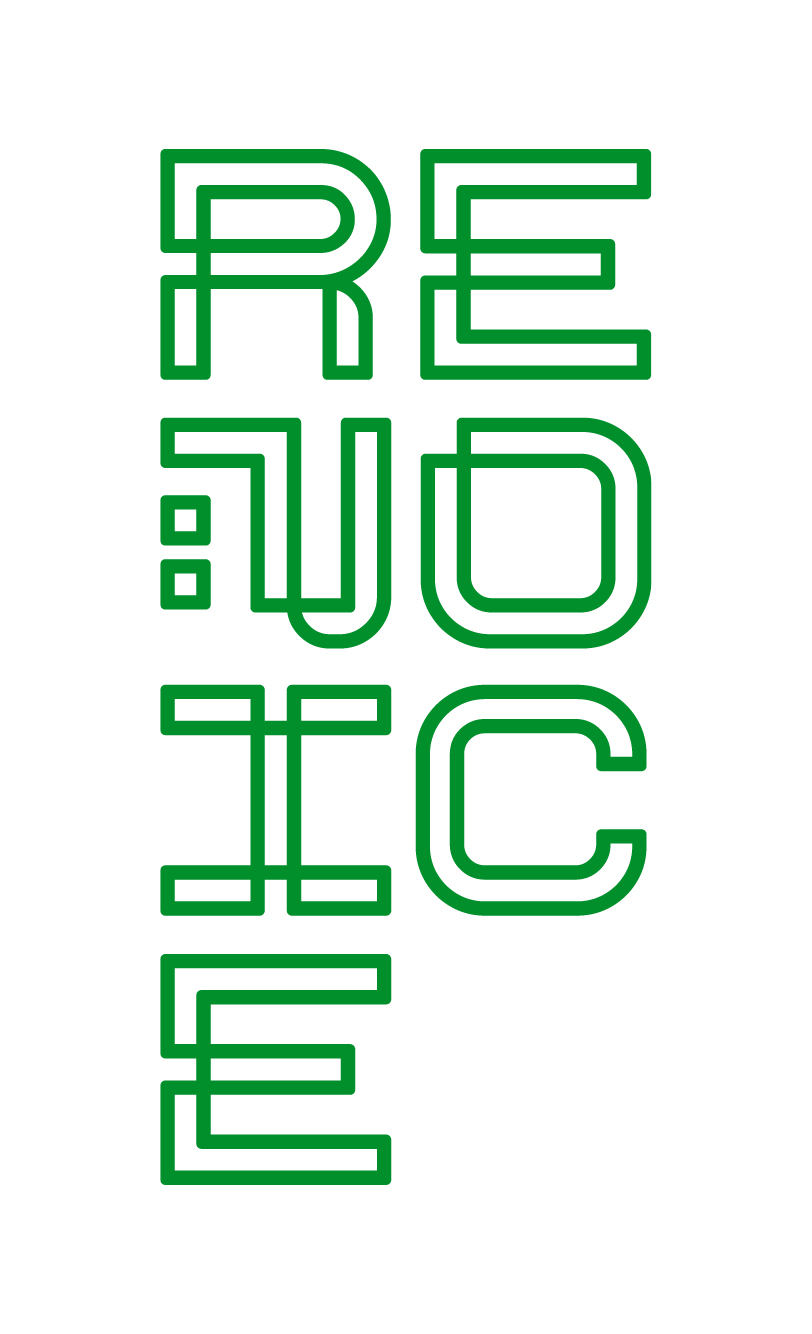Project facts
Presentation
The Re-voicing Cultural Landscapes project will use archival and desk research, primary data, and creative practice-based research compared across minority cultures in the UK (Cornwall), Netherlands (Fryslân), Latvia and Estonia (Livonian). The project aims to better understand the interplay between majority and minority narratives, perspectives, and performances of intangible cultural heritage, to make marginalised cultural landscapes more visible and resilient, and produce impactful insights to inform local communities to (inter)national policy-makers.
The benefits of being able to meaningfully live one’s own culture are well established, and for many marginalised cultures intangible cultural heritage (ICH) plays a central role. Comprising the ‘traditions or living expressions inherited from our ancestors and passed on to our descendants’ (UNESCO), often expressed through a minority language, ICH exists in a centre-periphery relationship with the majority culture. It also inhabits a geopolitical context that is ever-changing, wherein broad societal forces are at play over time. In our case study regions – and many more globally – minority cultures’ ability to be resilient and to flourish in the face of dominant, majority culture remains dangerously tenuous. Resources for making the culture and its heritage visible and resilient are scarce, and cultures’ ability to transmit intangible cultural heritage to future generations is fragile.
In this project we take a holistic view of the cultural landscape to identify new pathways to enabling citizens to shape meaningful, resilient, inclusive identity on the basis of ICH. Using inter-disciplinary and cross-national perspectives, and live cultural events as a focus, we will ask: How can a better understanding of the interplay between majority and minority narratives, perspectives, and performances of intangible cultural heritage enable us to make marginalised cultural landscapes more visible and resilient?
Impacts & Results
Working with a wide range of project partners including local and national municipal authorities, industry bodies, and cultural organisations, we intend for our findings to add practical value to stakeholders from individual members of a minority community to national and European decision-makers.
Findings will be applied to explore practical ways that marginalised communities can take advantage of, and be resilient to, recent shifts in global society, such as by acknowledging that the sustainability of ICH may depend not only on minority communities but also on the majority in the process of accessing, engaging with, and even creating, intangible cultural heritage. Re-voicing is amplifying anew the voices of marginalised communities that have been silenced by changing societies; but also re-framing how minority and majority can give voice to a richly textured, balanced whole.

